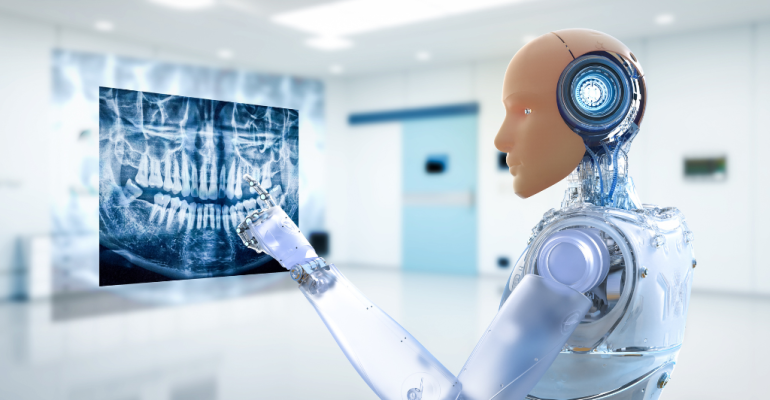The Future of Personalized Healthcare: How AI Is Transforming Your Wellness Journey
The Future of Personalized Healthcare: How AI Is Transforming Your Wellness Journey
The healthcare industry is undergoing a revolutionary transformation, and at the heart of this change lies Artificial Intelligence (AI). From wearable health devices to predictive diagnostics and personalized treatment plans, AI is redefining how individuals manage their wellness. The future of healthcare is no longer one-size-fits-all — it’s personalized, data-driven, and deeply intelligent.
1. From Generalized to Personalized Care
Traditionally, healthcare has relied on standardized treatment plans based on large population data. However, this approach often overlooks individual differences in genetics, lifestyle, and environment. AI is changing that by analyzing vast amounts of personal health data — including genetic profiles, biometric readings, diet, and daily activity — to create customized health strategies.
For instance, AI algorithms can interpret genetic information to predict potential risks for conditions such as diabetes, heart disease, or cancer. Instead of waiting for symptoms to appear, patients can take preventive measures early. Personalized nutrition and fitness plans, powered by AI, are also helping individuals make smarter lifestyle choices that align with their unique health profiles.
2. Real-Time Monitoring and Preventive Insights
AI-powered wearables and smart devices are revolutionizing how people track their health. Smartwatches, glucose monitors, and sleep trackers continuously collect real-time data. With the help of AI, these devices can detect anomalies — such as irregular heart rhythms, oxygen drops, or elevated stress levels — and alert users instantly.
Moreover, AI systems can analyze trends over time to predict potential health issues before they become serious. Imagine an AI app that not only tracks your heart rate but also warns you weeks in advance of a potential cardiac event based on subtle data patterns. This shift from reactive to preventive healthcare is saving lives and reducing hospital visits worldwide.
3. AI-Powered Virtual Health Assistants
The integration of AI into telemedicine and virtual care has made healthcare more accessible than ever. Intelligent chatbots and voice assistants now offer 24/7 health support — answering questions, scheduling appointments, or even suggesting remedies for minor ailments. These tools don’t replace doctors but act as valuable extensions, offering immediate guidance while freeing up medical professionals for more complex cases.
Advanced systems, like symptom checkers and AI-driven diagnostic platforms, can analyze user inputs and provide accurate preliminary assessments. As these technologies evolve, patients can expect more personalized, empathetic, and efficient virtual healthcare experiences.
4. Predictive Medicine and Data-Driven Treatments
AI’s ability to process massive datasets is transforming medical research and drug discovery. Machine learning algorithms can identify hidden patterns in clinical data, helping researchers develop targeted therapies faster. In oncology, for example, AI can help design treatment plans based on a patient’s genetic markers and tumor characteristics — increasing survival rates and minimizing side effects.
Predictive analytics also enables hospitals to anticipate patient needs, optimize resource allocation, and reduce readmission rates. By combining patient data with AI insights, healthcare providers can deliver more efficient and cost-effective care.
5. The Human Touch in the Age of AI
While AI brings incredible precision and efficiency, the future of personalized healthcare will still rely on human empathy and expertise. The true power lies in collaboration — AI provides insights and recommendations, while healthcare professionals apply compassion, judgment, and context.
In the coming years, AI will continue to evolve from a supportive tool to a trusted partner in personal wellness. Patients will have greater control over their health, guided by intelligent systems that understand them better than ever before.









